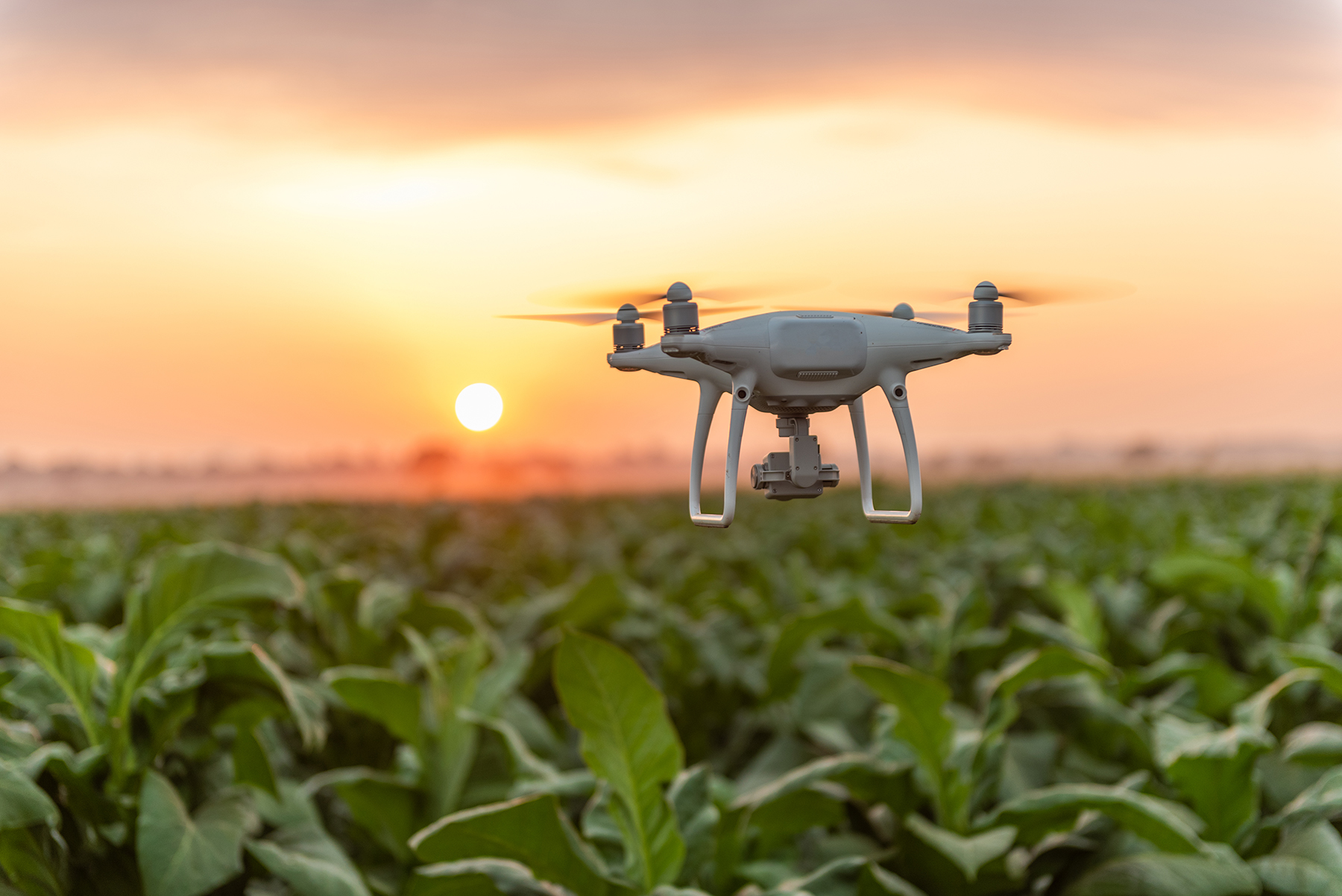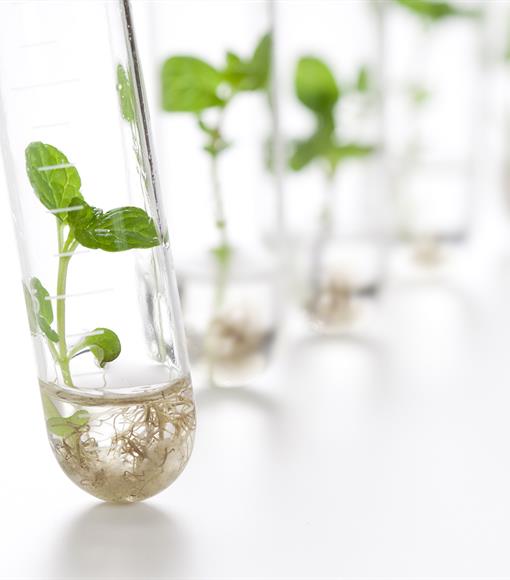

Globally, and in the Middle East, we have huge challenges for the sustainability of our food production systems. Fortunately, there are huge opportunities as well. Watch our video to learn how we're translating basic research into real-world solutions.
Agriculture and the food system, both in the Kingdom of Saudi Arabia (KSA) and globally, are among the least sustainable of all human activities.
of all greenhouse gases
of all land used by humans
of global energy supplies
of global water supplies
These practices must change, both locally and globally, and such change needs to be led by data-driven science and future-focused innovation. KAUST is perfectly positioned to lead this drive for the KSA, the region, and the world.
The 10-year goal of the Center for Desert Agriculture (CDA) is to study, test, and implement secure, safe, and sustainable crop production systems for the KSA. These systems will produce and deliver fresh, nutritious, and high-value crops to the kingdom's people with a reduced environmental footprint (e.g., less water, fertilizer, pesticides, and GHG emissions), thereby promoting healthy lifestyles and a clean environment for generations to come.
The CDA’s goals align directly with many of the United Nation’s (UN) Sustainable Development Goals and the KSA’s Vision 2030 for national transformation.
To accomplish this ambitious task, the CDA will take a multi-pronged approach to develop innovative field and greenhouse production systems for crop plants through
The mission of the Center for Desert Agriculture is to foster and deliver innovations that make a significant impact on sustainable agriculture in the Kingdom of Saudi Arabia by 2030. To achieve this mission, we will:
